In today's digital age, understanding the nuances of data protection policies has never been more crucial for both businesses and individuals. With growing concerns about privacy and security, it's essential to establish clear guidelines that safeguard personal information and foster trust. Whether you're drafting a policy for your company or simply looking to understand best practices, having a solid template can streamline the process and ensure compliance. So, let's dive deeper into the key elements of a robust data protection policy and how you can implement them effectively!
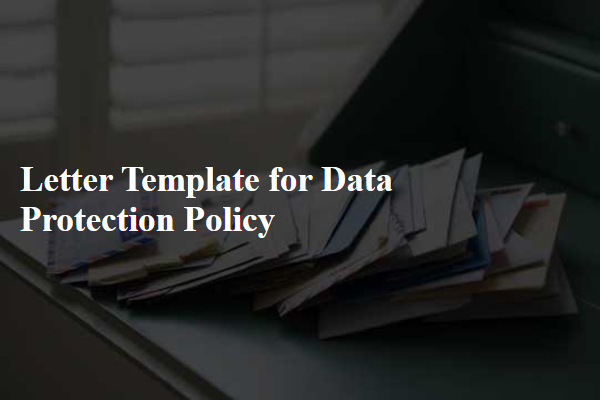
Purpose and Scope
The data protection policy outlines the framework for safeguarding personal information within the organization, including employee records, customer data, and sensitive business information. This policy applies to all staff members, contractors, and third-party service providers who access, manage, or process personal data. Compliance with relevant regulations, such as the General Data Protection Regulation (GDPR) enacted in the European Union in May 2018, is fundamental. The organization aims to ensure data integrity, confidentiality, and availability, promoting trust among clients and stakeholders. Regular training sessions and audits will assess adherence to this policy, ensuring ongoing improvement in data protection practices.
Data Collection and Usage
Data protection policies outline the principles governing the collection and usage of personal information, emphasizing transparency and user consent. Organizations collect data (identifiable information such as names, email addresses, and phone numbers) for various purposes, including improving products and services, enhancing customer experience, and marketing strategies. In accordance with regulations such as the General Data Protection Regulation (GDPR), personal data must be processed lawfully, stored securely, and used only for specified legitimate purposes. Additionally, users have rights to access, rectify, and erase their data, ensuring accountability and trust between the organization and its customers. Compliance with these principles protects both user privacy and the organization's integrity.
Security Measures
Data protection policies implement security measures to safeguard personal information. Organizations, such as healthcare facilities or financial institutions, may adopt protocols based on frameworks like GDPR (General Data Protection Regulation) or HIPAA (Health Insurance Portability and Accountability Act), which mandate specific safeguards. Encryption techniques, such as AES (Advanced Encryption Standard) with 256-bit keys, are commonly used to protect data at rest and in transit. Regular security audits, conducted bi-annually by certified professionals, help identify vulnerabilities. Access controls, including multi-factor authentication (MFA) and role-based privileges, ensure only authorized personnel interact with sensitive data. Firewalls and intrusion detection systems (IDS) act as barriers against unauthorized access, while employee training programs underscore the importance of data privacy and compliance with organizational policies.
Data Retention and Disposal
Data retention policies establish the timeline for keeping sensitive information, such as personal identifiable information (PII) like names, addresses, and social security numbers, gathered during specific events like customer service interactions or financial transactions. According to regulations like the General Data Protection Regulation (GDPR), organizations must periodically review stored data every 6 to 12 months to determine its necessity. Proper disposal methods include shredding physical documents and using secure wipe techniques for electronic files to ensure complete deletion. Records pertaining to transactions or interactions that exceed retention periods must be securely destroyed to mitigate risks of data breaches and ensure compliance with legal obligations. Implementing these practices demonstrates a commitment to protecting user privacy while minimizing the risk of unauthorized access.
Rights and Responsibilities
The data protection policy outlines significant rights and responsibilities concerning personal data processing within organizations. Individuals possess rights under regulations like the General Data Protection Regulation (GDPR) in the European Union, granting them access to their personal information collected or processed by entities. Individuals can request data correction if inaccuracies occur, and they have the right to request deletion of their information under certain conditions, known as the "right to be forgotten." Additionally, data subjects have the right to limit processing activities and object to data processing in specific scenarios. Organizations must ensure compliance with these rights, implementing measures like transparent privacy notices and secure data management. Furthermore, they bear the responsibility to provide training to employees regarding data protection principles and reporting any data breaches to relevant authorities within stipulated timeframes, fostering a culture of accountability and trust.

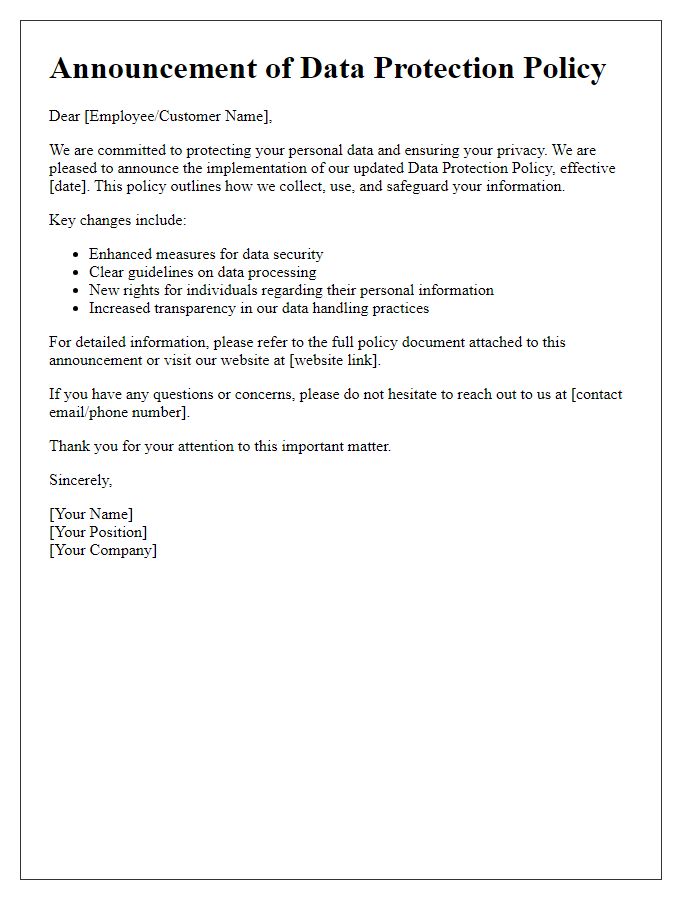
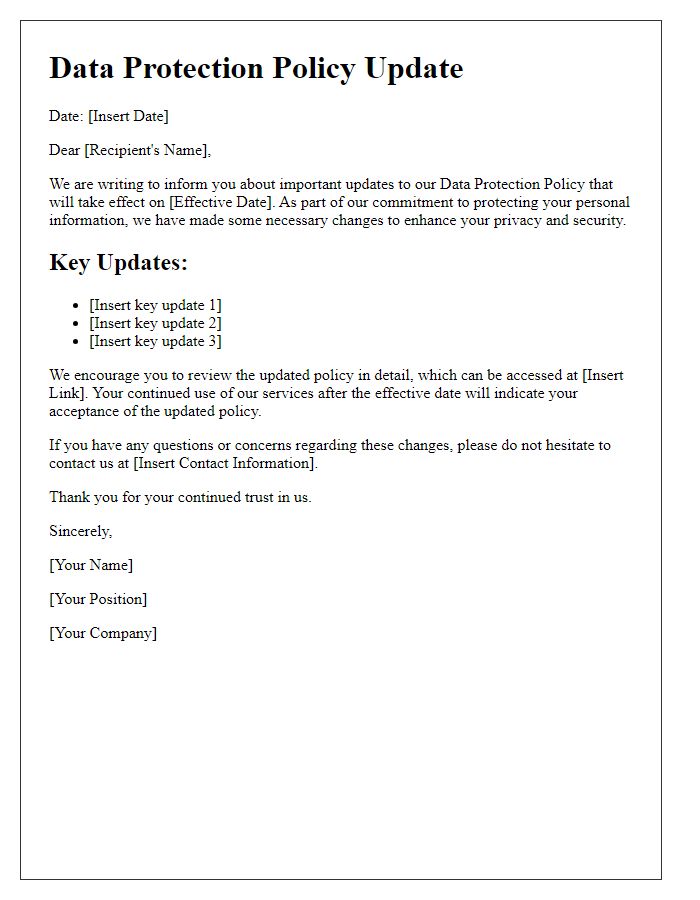
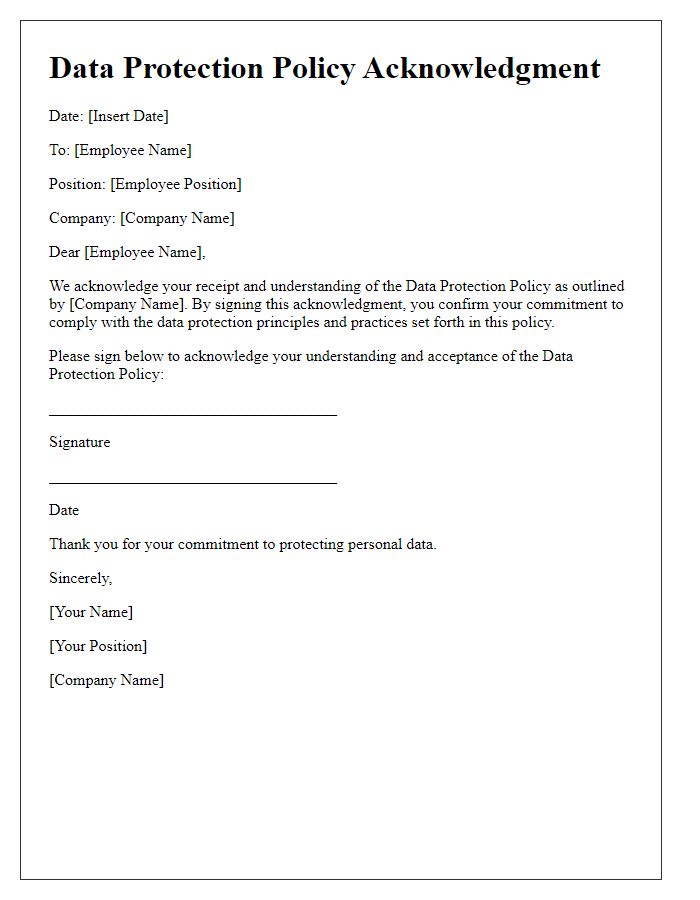
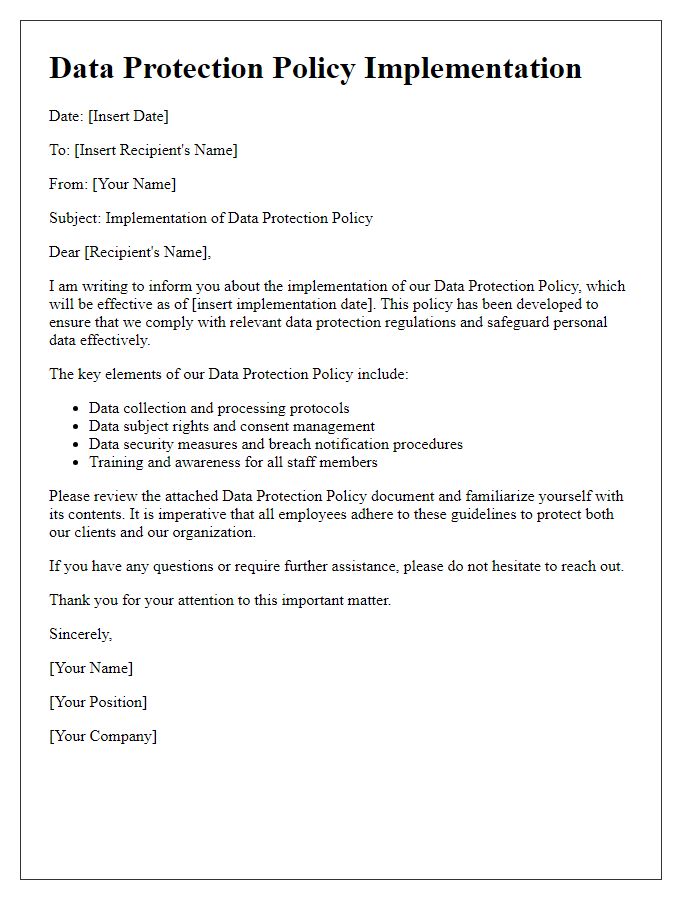
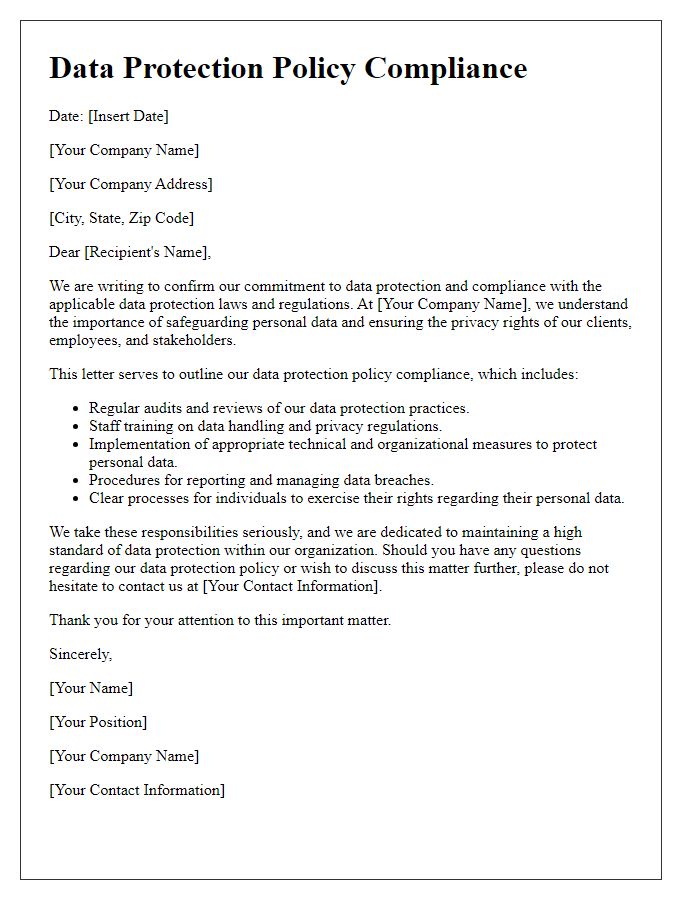
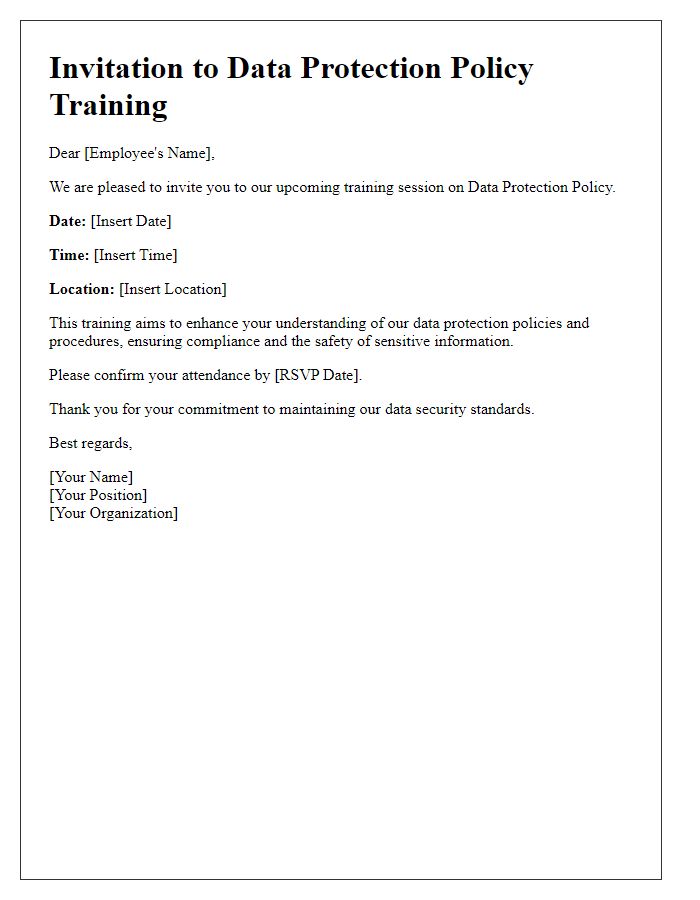
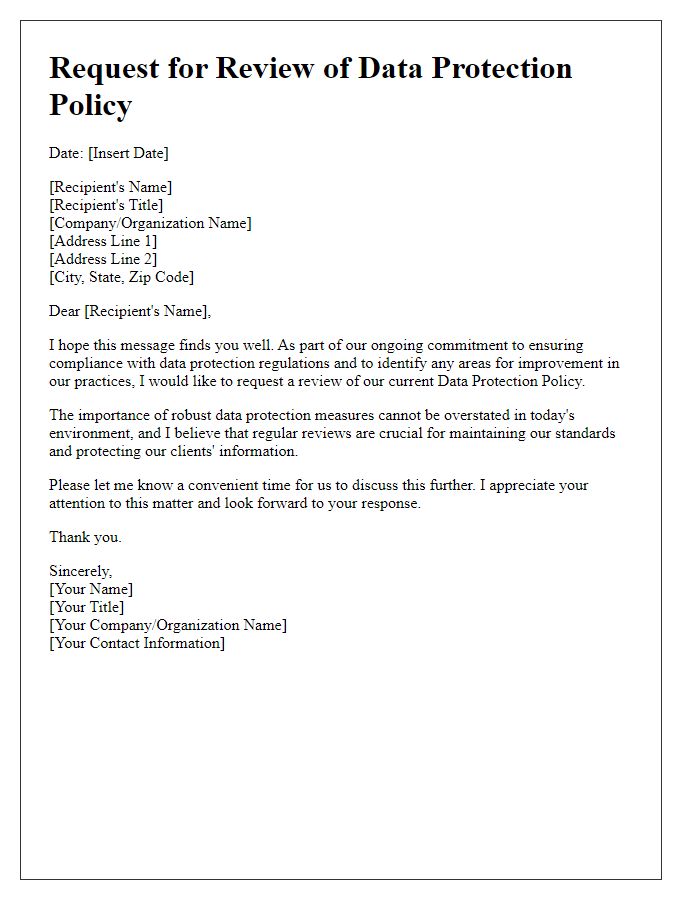
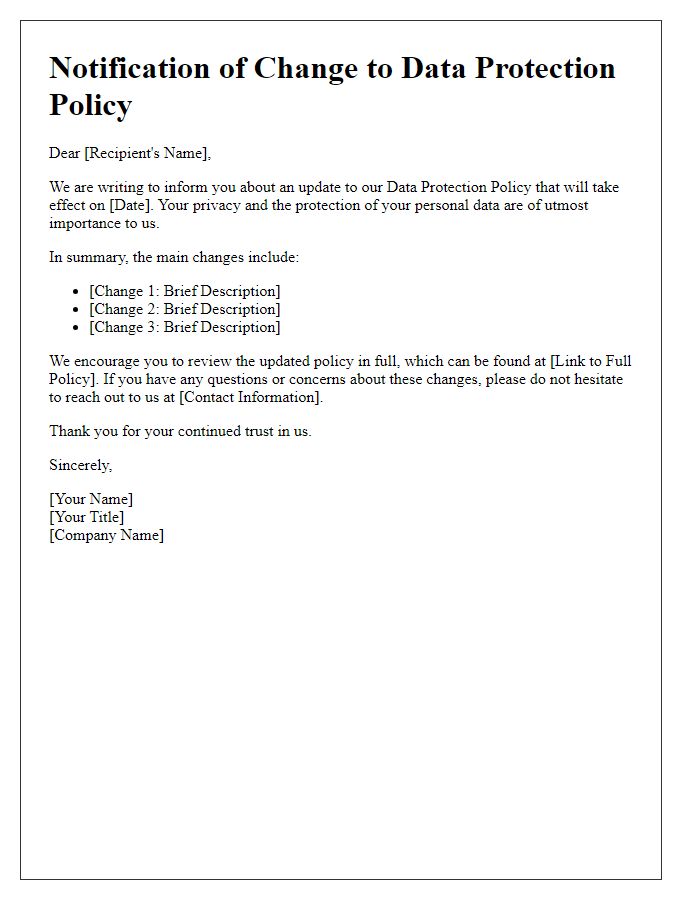

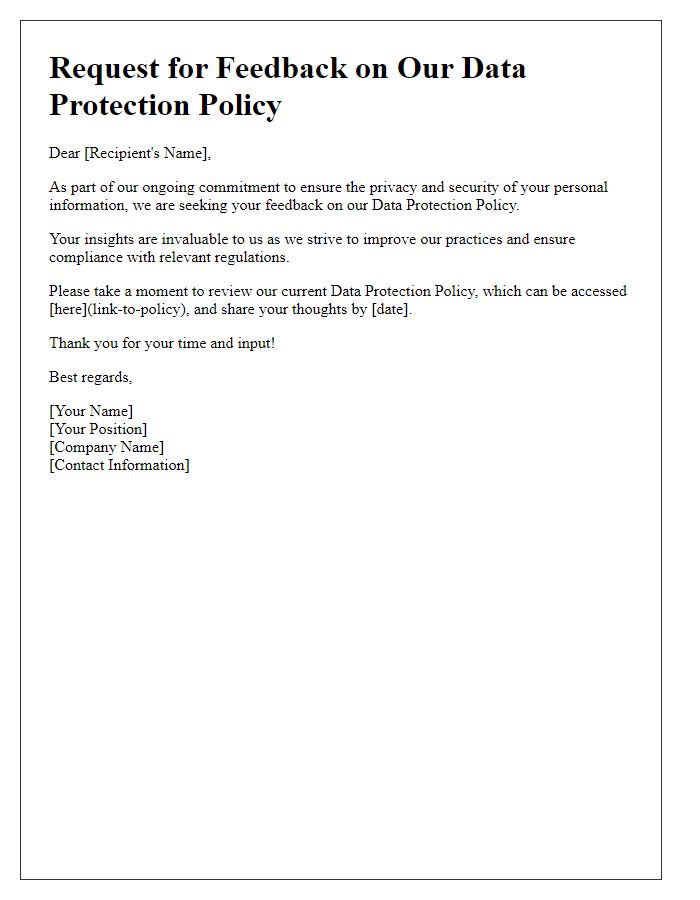


Comments